Filter by
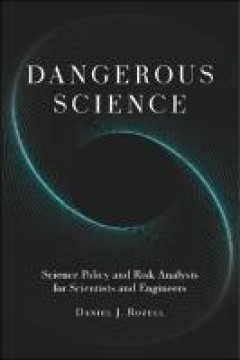
Dangerous science : science policy and risk analysis for scientists and engin…
The public is generally enthusiastic about the latest science and technology, but sometimes research threatens the physical safety or ethical norms of society. When this happens, scientists and engineers can find themselves unprepared in the midst of an intense science policy debate. In the absence of convincing evidence, technological optimists and skeptics struggle to build consensus. In thes…
- Edition
- -
- ISBN/ISSN
- 9781911529880
- Collation
- ix. ;162 p.
- Series Title
- -
- Call Number
- 501.51. DAN d
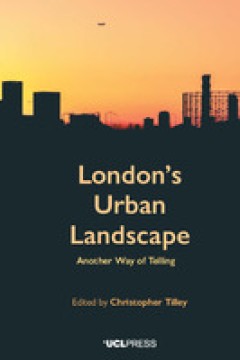
London's urban landscape : another way of telling
London’s Urban Landscape is the first major study of a global city to adopt a materialist perspective and stress the significance of place and the built environment to the urban landscape. Edited by Christopher Tilley, the volume is inspired by phenomenological thinking and presents fine-grained ethnographies of the practices of everyday life in London. In doing so, it charts a unique perspec…
- Edition
- -
- ISBN/ISSN
- 9781787355583
- Collation
- xxi. ;ill. :458 p.
- Series Title
- -
- Call Number
- 307.760941. CHR l
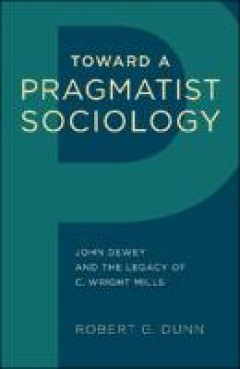
Toward a pragmatist sociology : John Dewey and the legacy of C. Wright Mills
In Toward a Pragmatist Sociology, Robert Dunn explores the relationship between the ideas and principles of philosopher and educator John Dewey and sociologist C. Wright Mills to provide a philosophical and theoretical foundation for the development of a critical and public sociology. Dunn recovers an intellectual and conceptual framework for transforming sociology into a more substantive, comp…
- Edition
- -
- ISBN/ISSN
- 9781439914618
- Collation
- ix, 203 p. : ill.
- Series Title
- -
- Call Number
- 301.01 DUN t
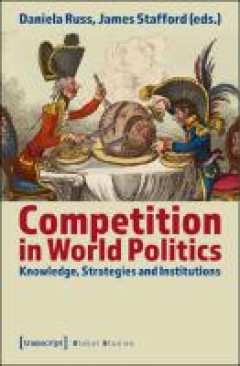
Competition in world politics : knowledge, strategies and institutions
The »return of great power competition« between (among others) the US, China, Russia and the EU is a major topic in contemporary public debate. But why do we think of world politics in terms of »competition«? Which information and which rules enable states and other actors in world politics to »compete« with one another? Which competitive strategies do they pursue in the complex environme…
- Edition
- -
- ISBN/ISSN
- 9783839457474
- Collation
- 306 p.
- Series Title
- -
- Call Number
- 300 RUS c
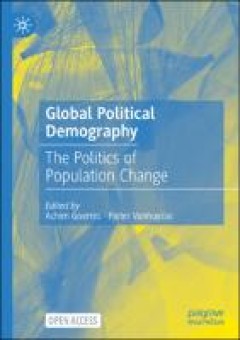
Global political demography : the politics of population change
This open access book draws the big picture of how population change interplays with politics across the world from 1990 to 2040. Leading social scientists from a wide range of disciplines discuss, for the first time, all major political and policy aspects of population change as they play out differently in each major world region: North and South America; Sub-Saharan Africa and the MENA regio…
- Edition
- -
- ISBN/ISSN
- 9783030730659
- Collation
- x, 459. : ill.
- Series Title
- -
- Call Number
- 304.6 GOE g
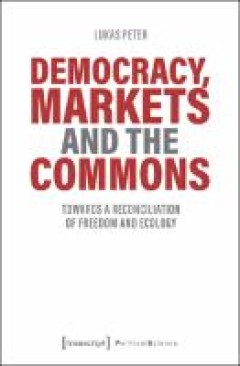
Democracy, markets and the commons : towards a reconciliation of freedom and …
How can we overcome the existing political, economic, and ecological crises that humanity faces? With the notion of the commons, Lukas Peter argues that this form of social organization can provide answers to the shortcomings of centralized states and open and competitive markets. By building on and going beyond the work of Elinor and Vincent Ostrom, he develops an ecological understanding of t…
- Edition
- -
- ISBN/ISSN
- 9783839454244
- Collation
- 334 p. : ill.
- Series Title
- -
- Call Number
- 300 PET d
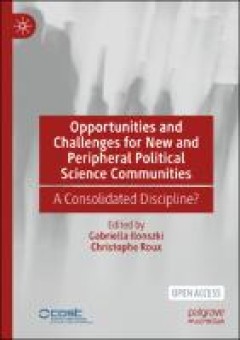
Opportunities and challenges for new and peripheral political science communi…
This open access book offers an updated examination of the institutionalisation of political science in sixteen latecomer or peripheral countries in Europe. Its main theme is how political science as a science of democracy is influenced and how it responds to the challenges of the new millennium. The chapters, built upon a common theoretical framework of institutionalisation, are evidence-based…
- Edition
- -
- ISBN/ISSN
- 9783030790547
- Collation
- xiv, 288 p. ; ill
- Series Title
- -
- Call Number
- 320 ILO o
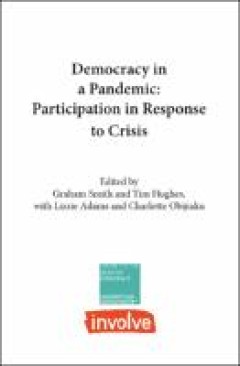
Democracy in a pandemic: participation in response to crisis
Covid-19 has highlighted limitations in our democratic politics – but also lessons for how to deepen our democracy and more effectively respond to future crises. In the face of an emergency, the working assumption all too often is that only a centralised, top-down response is possible. This book exposes the weakness of this assumption, making the case for deeper participation and deliberation…
- Edition
- -
- ISBN/ISSN
- 9781914386183
- Collation
- vii, 200 p. ; ill
- Series Title
- -
- Call Number
- 323.042 SMI d
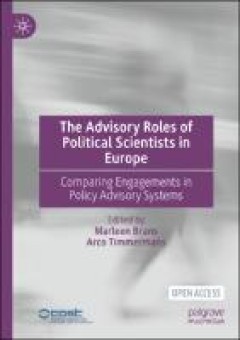
The advisory roles of political scientists in Europe
This open access book centres on the advisory roles of political scientists in Europe. Based on a cross-national survey, the book offers a comparative analysis of the viewpoints and activities of university-based political scientists on external engagement. Political scientists in Europe appear more extrovert as academics than sometimes thought. In their professional functioning they engage in …
- Edition
- -
- ISBN/ISSN
- 9783030860059
- Collation
- xxx, 436 p. ill
- Series Title
- -
- Call Number
- 320 BRA t
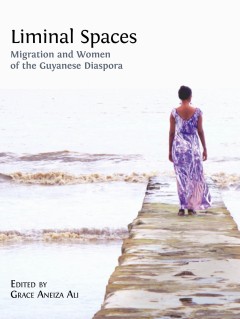
Liminal spaces : migration and women of the Guyanese diaspora
Liminal Spaces is an intimate exploration into the migration narratives of fifteen women of Guyanese heritage. It spans diverse inter-generational perspectives – from those who leave Guyana, and those who are left – and seven seminal decades of Guyana’s history – from the 1950s to the present day – bringing the voices of women to the fore. The volume is conceived of as a visual exhibi…
- Edition
- -
- ISBN/ISSN
- 9781783749898
- Collation
- xiv, 211 p. : ill. ; 24 cm
- Series Title
- -
- Call Number
- 304.808209881 LIM l
 Computer Science, Information & General Works
Computer Science, Information & General Works  Philosophy & Psychology
Philosophy & Psychology  Religion
Religion  Social Sciences
Social Sciences  Language
Language  Pure Science
Pure Science  Applied Sciences
Applied Sciences  Art & Recreation
Art & Recreation  Literature
Literature  History & Geography
History & Geography